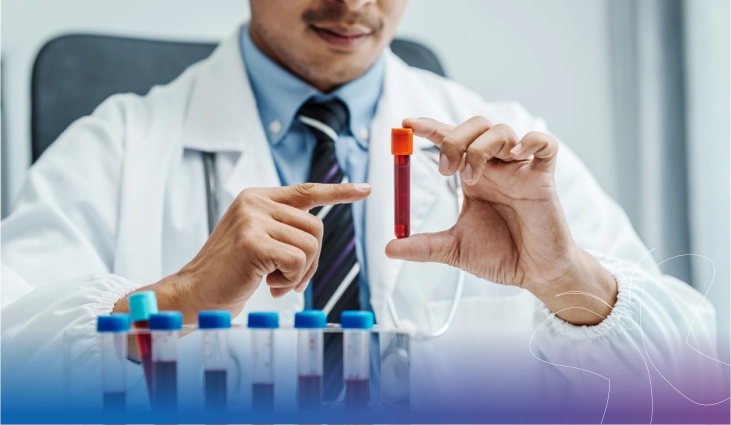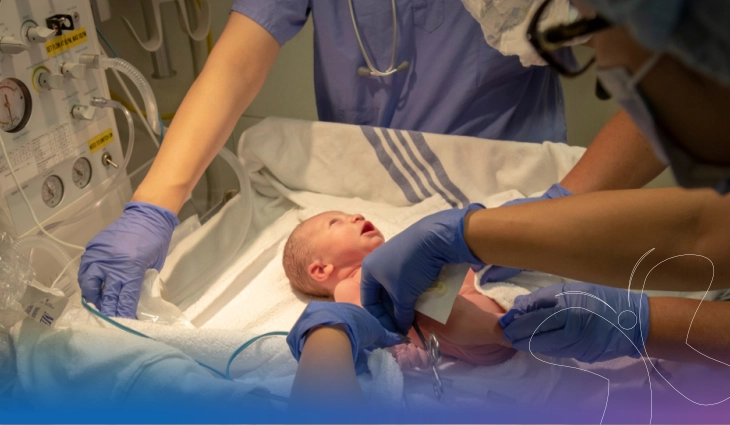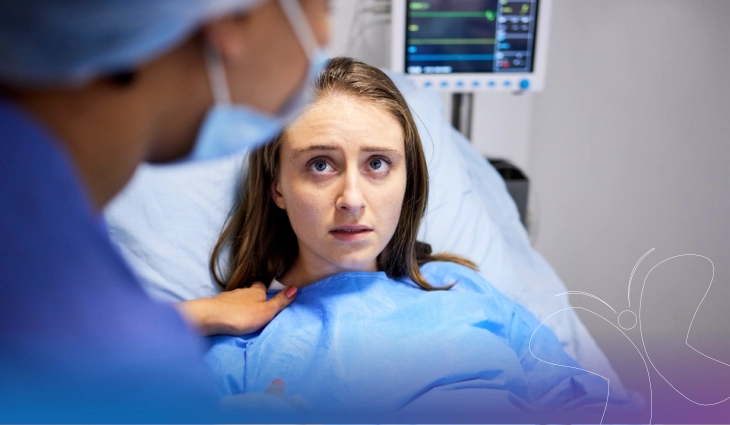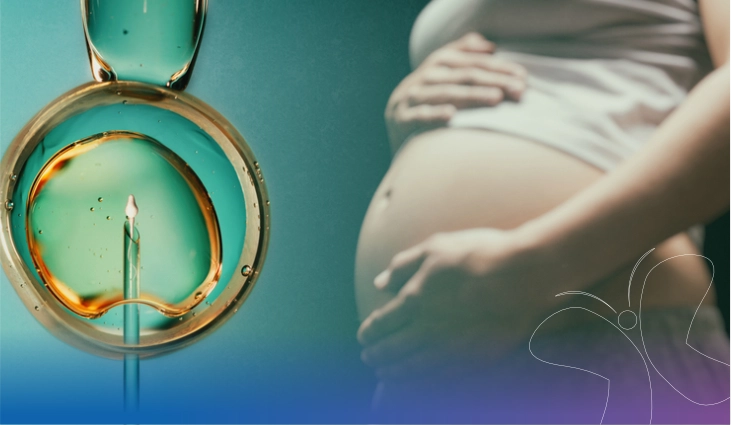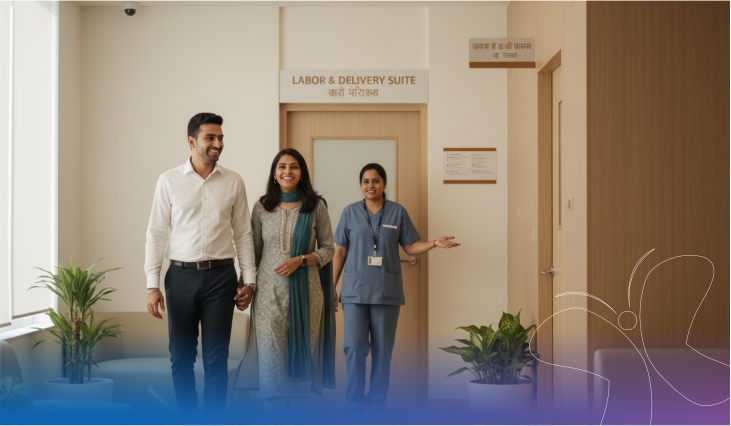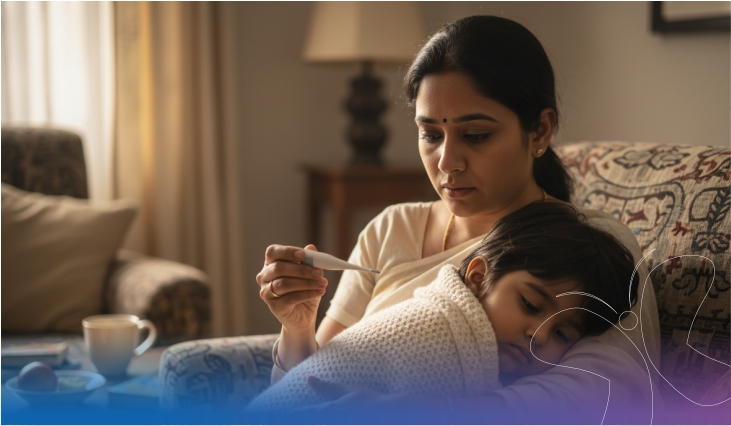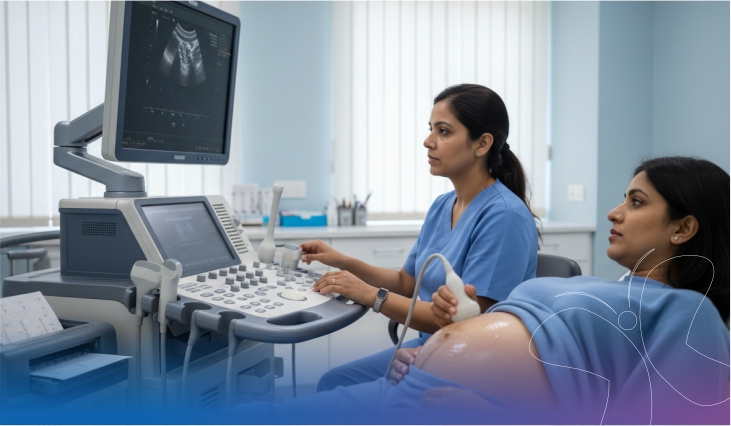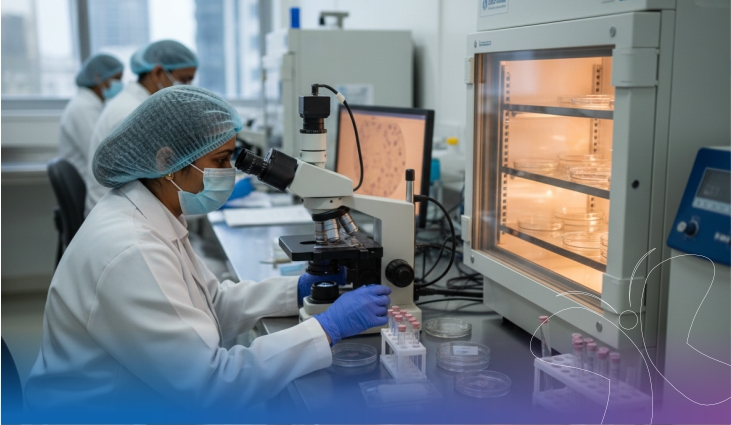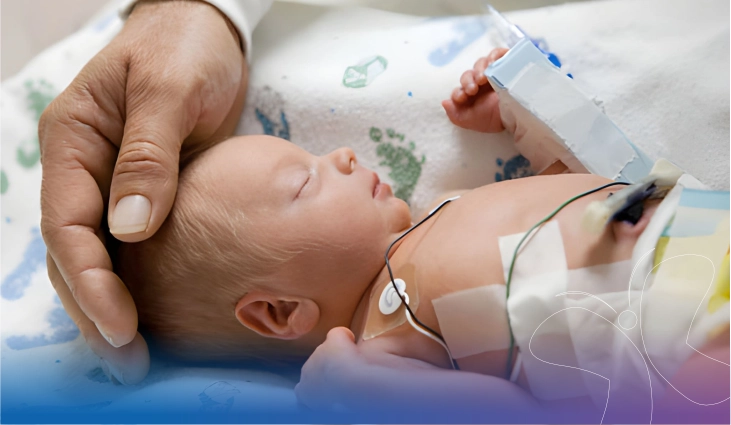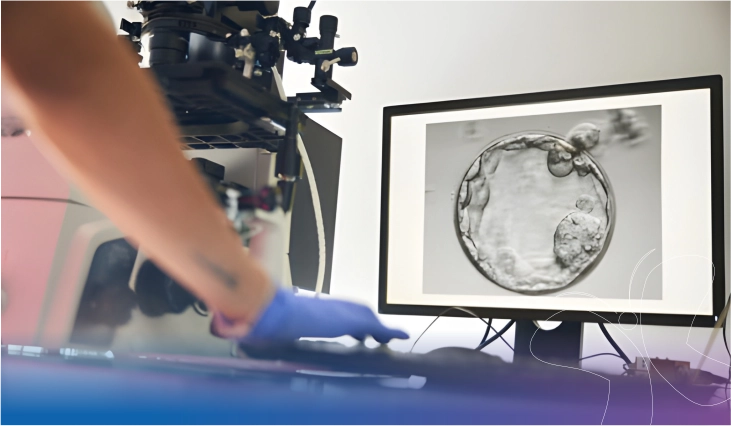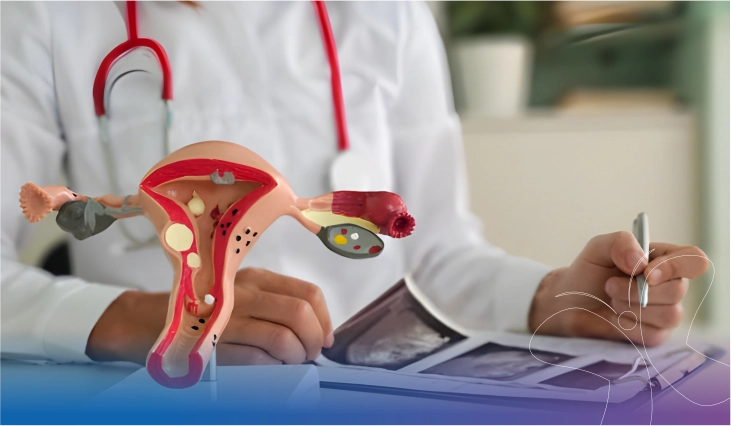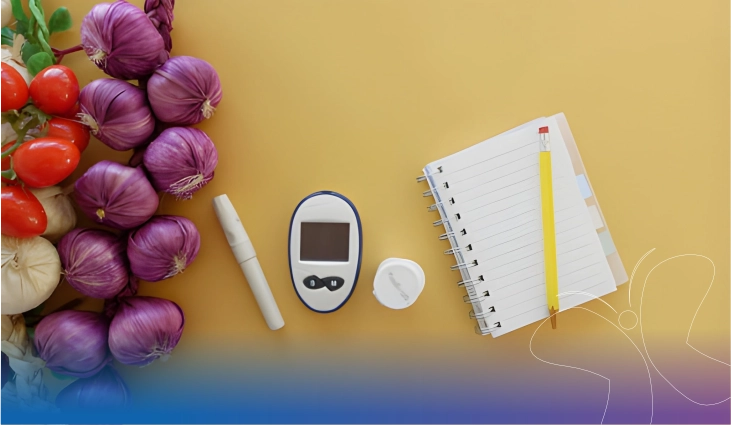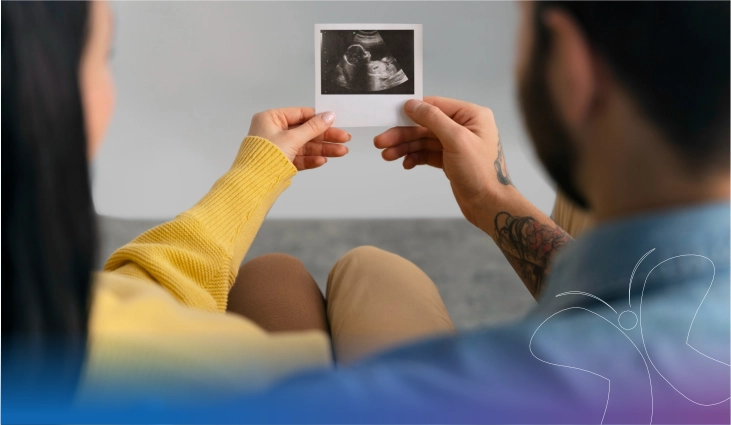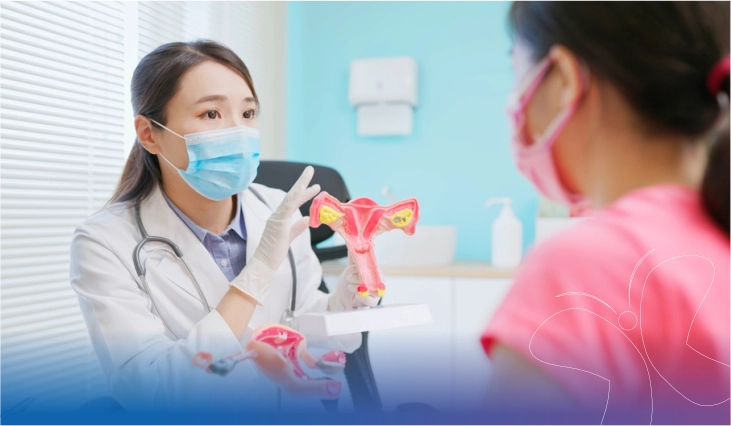When we meet expecting mothers at Flowrence Hospital, most of them already know about folic acid, iron, and calcium. But very few bring up Vitamin D—and even fewer have tested for it.
That’s concerning.
Vitamin D doesn’t just help bones. During pregnancy, it plays a vital role in your baby’s immune system, brain development, and growth. Low Vitamin D levels in the mother have been linked to complications like preeclampsia, gestational diabetes, and low birth weight.
Despite this, many women go through their entire pregnancy without ever checking their Vitamin D levels.
Why is Vitamin D deficiency so common in India?
Even in a country full of sunlight, deficiency is widespread. Here's why:
- Most people avoid direct sunlight
- Pollution blocks UVB rays needed to produce Vitamin D
- Cultural clothing habits limit skin exposure
- Many Indian diets lack natural Vitamin D sources like fatty fish or fortified foods
For pregnant women, this gap can grow more severe, especially as the baby begins drawing nutrients from the mother.
How low Vitamin D affects pregnancy
Low Vitamin D doesn’t always show symptoms. But if left unchecked, it can lead to:
- Poor fetal bone and tooth development
- Higher risk of infections in the newborn
- Preterm delivery
- Increased chance of cesarean section
- Maternal fatigue, back pain, and muscle cramps
At our pregnancy care hospital in Rajkot, we often catch deficiency only when we test specifically for it — not through symptoms alone.
When to get tested?
We recommend testing Vitamin D (25-hydroxy) levels in the first trimester itself, especially for women with darker skin tones, limited sun exposure, or a vegetarian diet.
It’s a simple blood test, and in most cases, results come within 24–48 hours.
Can it be corrected safely?
Yes. If you’re deficient, your gynaecologist in Rajkot will prescribe a Vitamin D3 supplement — typically once a week or as needed based on levels. Sunlight exposure (15–20 minutes daily) and dietary additions also help.
Regular follow-ups ensure that levels stay optimal as your pregnancy progresses.
A Note from Flowrence
We believe that testing should be proactive, not reactive. At our women care hospital in Rajkot, we routinely include Vitamin D screening as part of our early antenatal packages — not because it's trendy, but because it's essential.
This one test can prevent months of complications — for both mother and baby.
Final Word
If you’re pregnant and haven’t checked your Vitamin D levels yet, don’t wait for symptoms. By the time deficiency shows up physically, it’s already affecting your body — and your baby’s development.
Talk to your doctor. Get tested. It’s a small step with a big impact.
Flowrence Hospital — your trusted pregnancy care hospital in Rajkot for complete maternal health
Consult the best gynaecologist in Rajkot today and give your baby the strongest start.
We’re more than a clinic — we’re your women care hospital in Rajkot, every step of the way.







